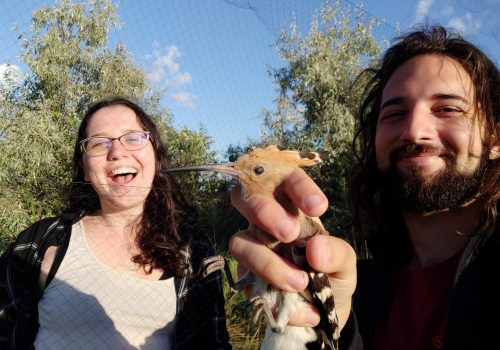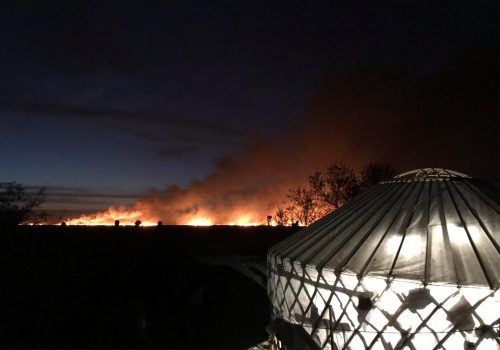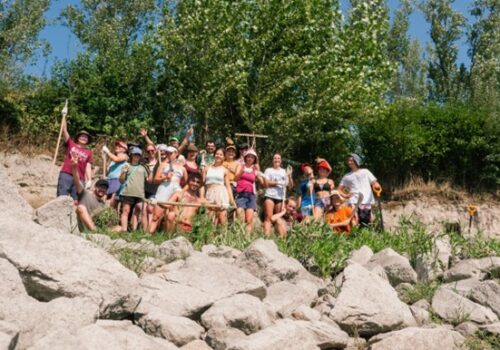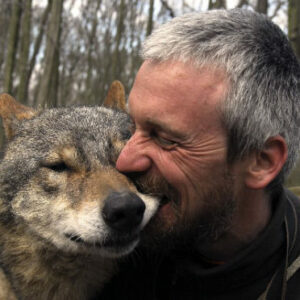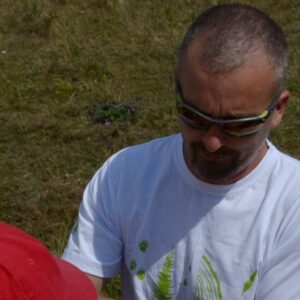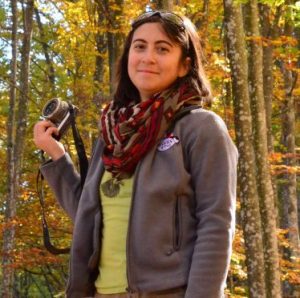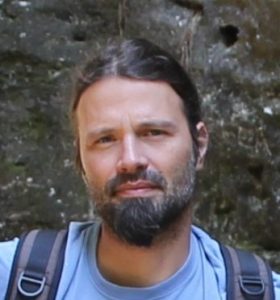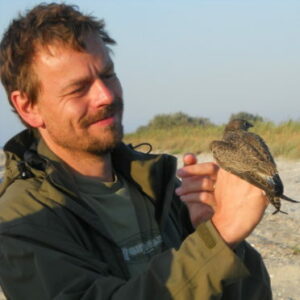[text style=”background_green”]A lot of youth take an active part in the fight against climate change. The young generation surely will experience the effects of the climate crisis during their lives, but current processes suggest that older people will also have the opportunity to do so. The hottest September on Earth has also made one of our young ambassadors think.[/text]
Written by, Andrei Dinu:
We are in 2020, and the last decade was the warmest on record, with 2016 holding the title of the warmest year when, together with the El Niño phenomenon, climate change drove the temperatures 1,16 °C above pre-industrial levels. Some statistical models of The Met Office national meteorological service for the UK, claims that a new world record for the hottest year can be achieved before 2025.
In the same direction, this year’s september was world’s hottest on record, being with 0,05 °C hotter then last year.
We could say that there are only a few decimals of rise, but if we think that there have been twice as many natural disasters in the last twenty years as a result of climate change as in the previous two decades, we can perceive these values quite differently.
The main responsible anthropogenic activities are fossil fuels burning, excessive deforestation and intensive agriculture, which togheter with extreme phenomena, that have become more and more intense and frequent due to high temperatures, lead to decreased resilience of the natural systems on which we all depend.
Adaptation is vital and at the same time possible. In addition to reducing future greenhouse gas emissions as much as possible, it is also very important to limit the amount already in the atmosphere. Their sequestration can be achieved by restoring natural systems, because of their essential role in this process. Also, educating citizens on energy efficiency, ecnouraging local producers, expanding green areas in urban environments and involving young people in the decision – making cycle are viable long – term solutions.
Sources:

